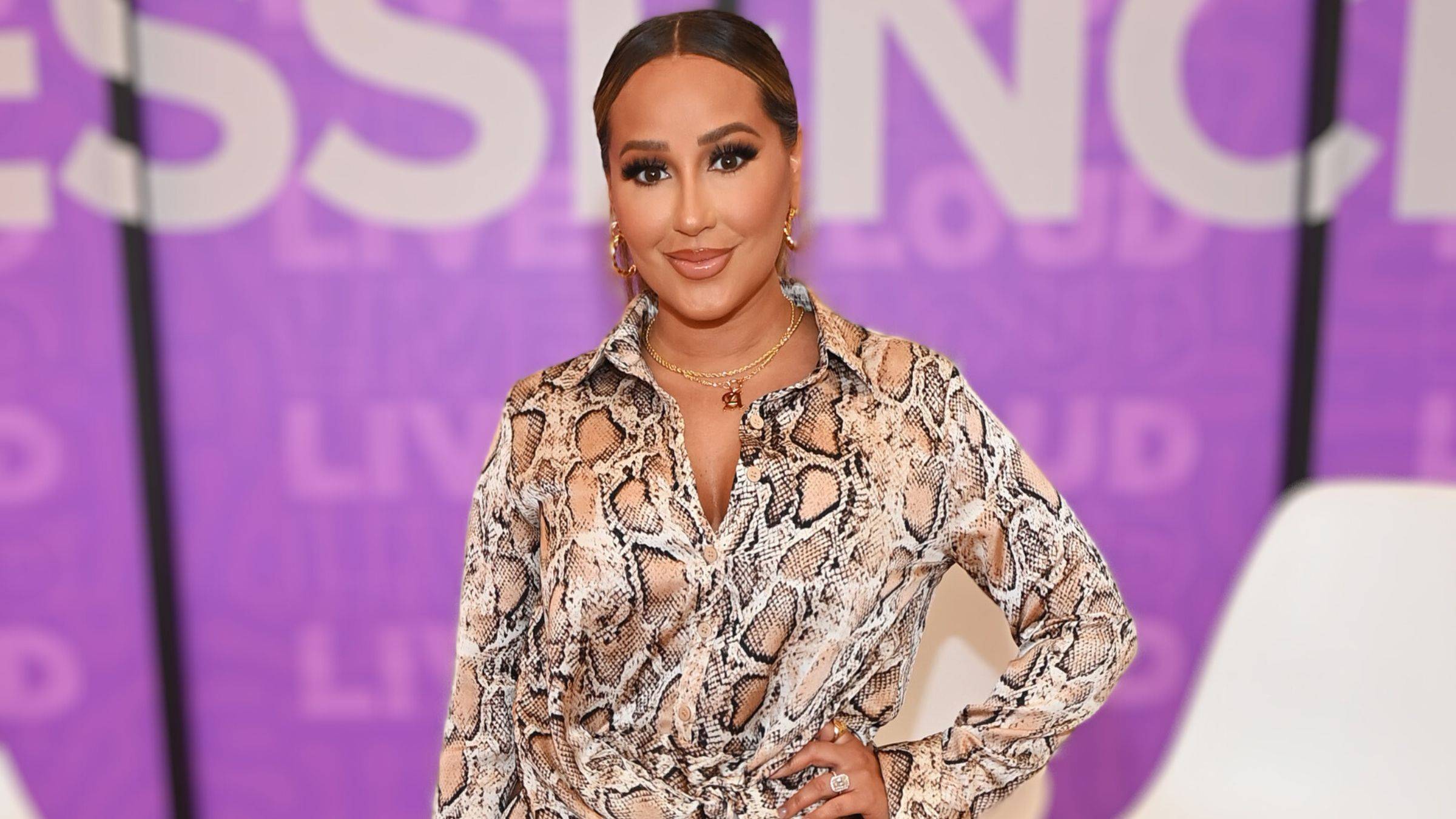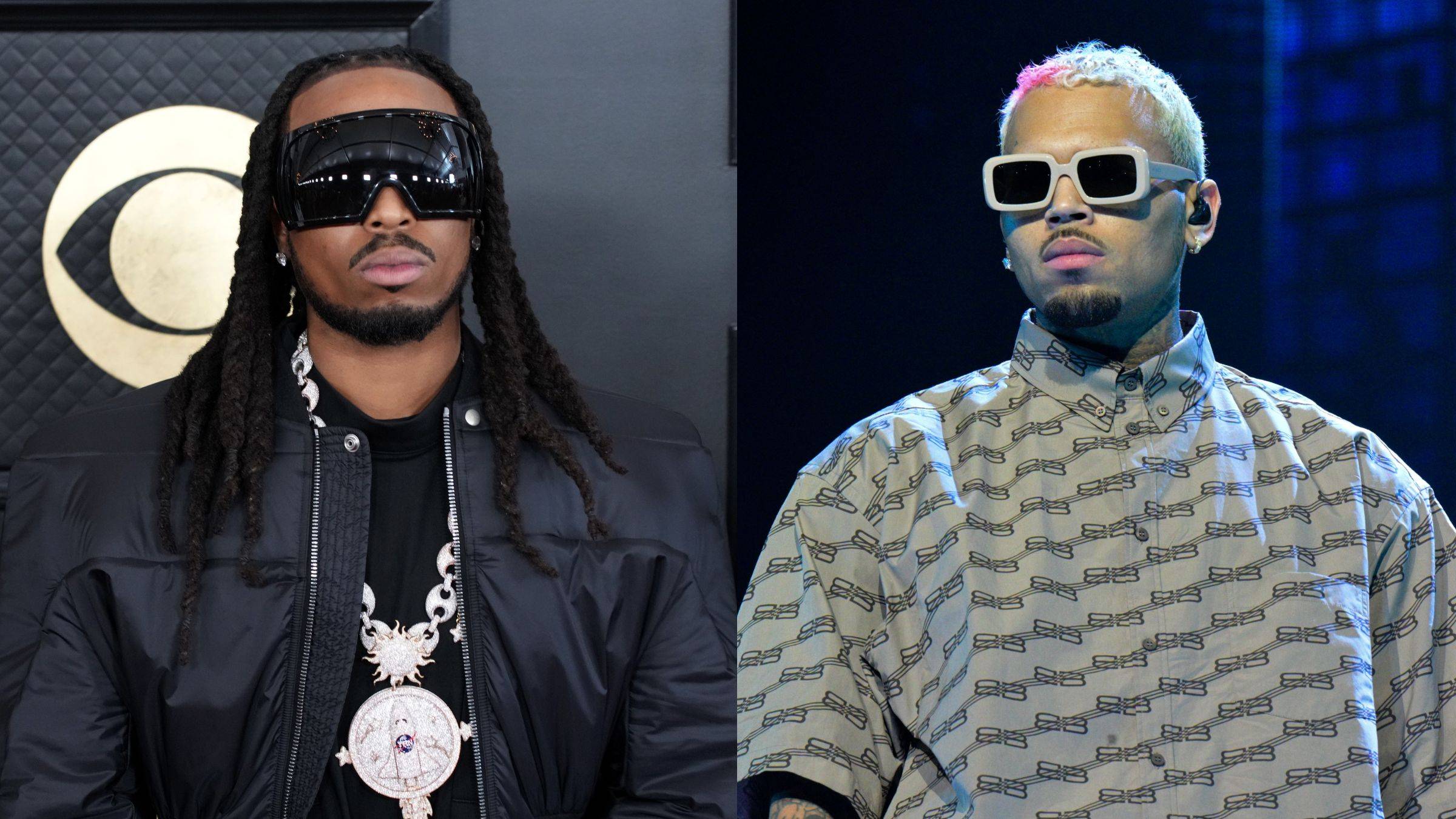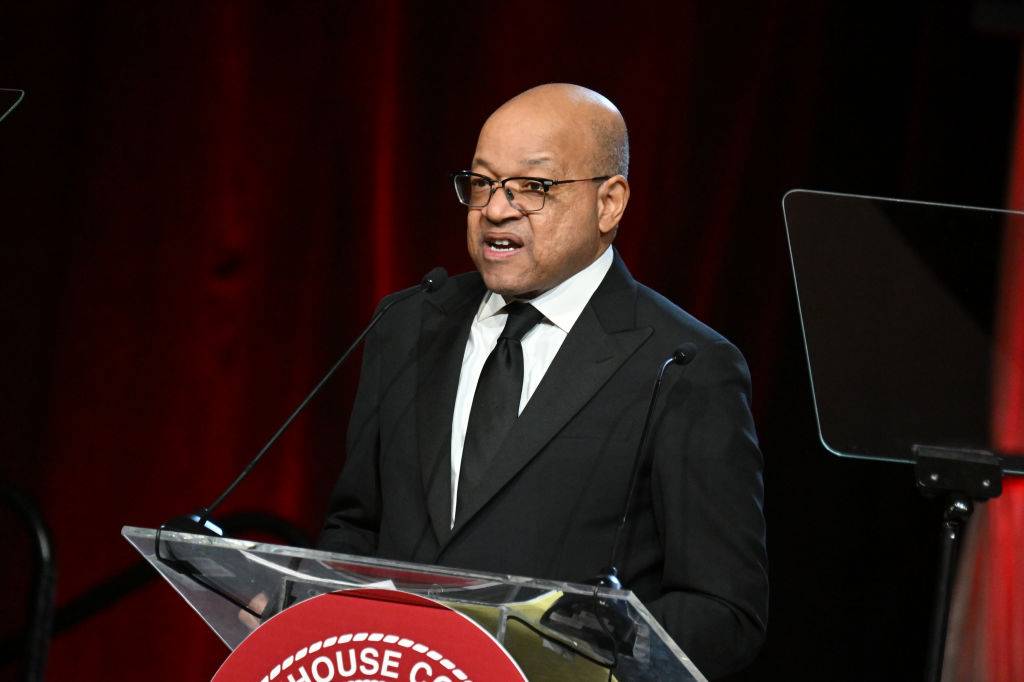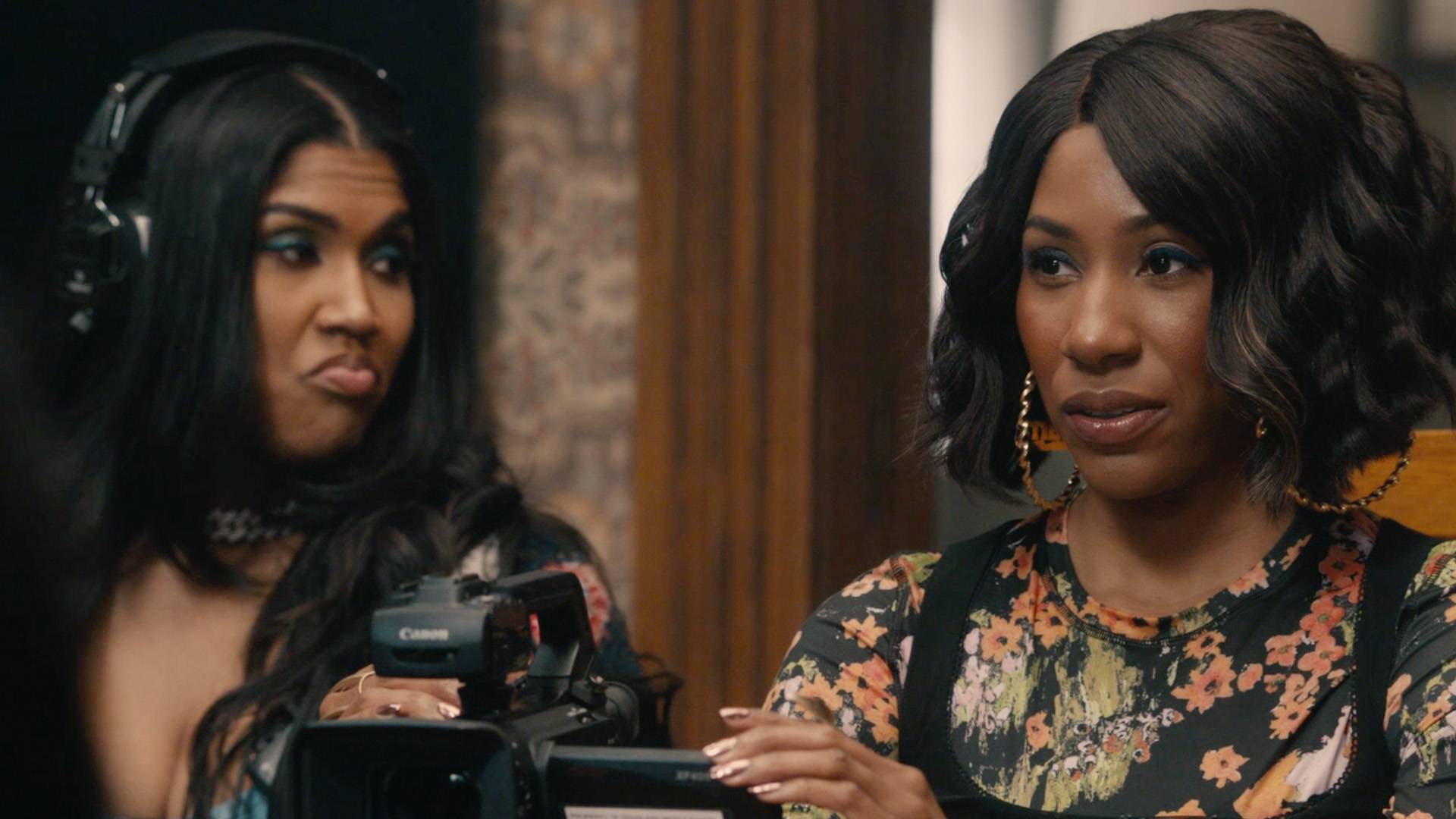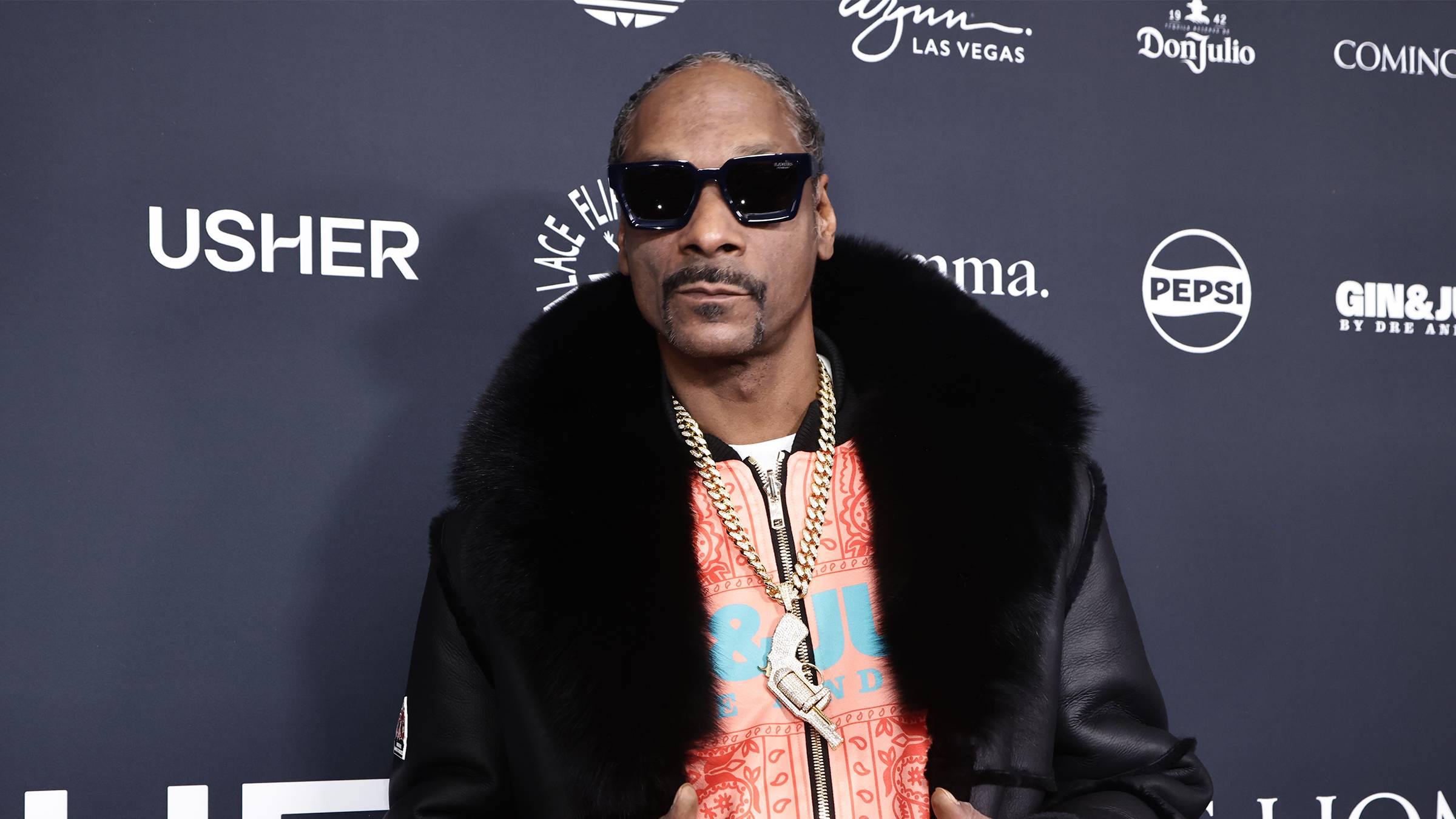The Cleveland the GOP Won’t Show You
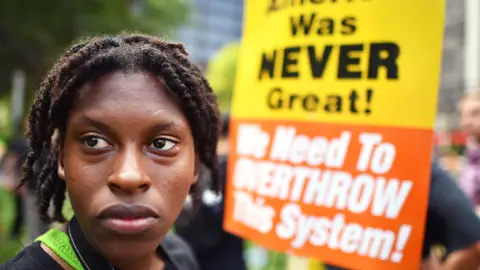
There is one thing every single Republican running for president knows. They know it in their bones. They repeat it like a mantra as they do morning sit-ups and pour milk in their coffee. Pollsters remind their candidates. Field directors remind the volunteers. A Republican president is never elected without winning Ohio. O-HI-O.
This is part of why Republicans chose Cleveland as the site of their national convention. The state is crucial to any electoral math that will allow the GOP to regain control of the White House in 2017. Back when party leaders picked this battleground state to host their big party, they had no idea their own political Party would be a battleground of its own, fighting over whether they would honor the voters’ decision to put Mr. Trump at the top of the ticket. I suspect Republican delegates ultimately will vote for Mr. Trump to be the nominee of the Republican Party. He won the most votes during the primary season and is the Party’s rightful nominee, but lingering resistance to Trump among Republicans is leading to some high drama within the convention. Meanwhile, a toxic brew of racial anxieties, law-enforcement tensions, anti-Trumpism, and open-carry swagger has made the perimeter surrounding the convention hall absolutely nuts.
For all the importance of Ohio, and for all the madness the city of Cleveland is enduring to accommodate more than a half million GOP delegates, media professionals, and protesters, you won’t hear much about the real Cleveland from prime-time keynote speakers at the Republican convention this week. For the most part they will ignore the issues of this majority Black city as they are ushered past heavily armed security barriers and into the Quicken Loans Arena. I thought it was worth pausing and reminding BET.com readers of a few things about exactly where the GOP convention is taking place.
Cleveland is a majority Black city coping with challenges of poverty. In the weeks leading up to the Republican National Convention, national media outlets began to trumpet the great revival of Cleveland by mentioning all the hot, hip, new downtown restaurants and tourist attractions. Black communities know that stories of urban renewal almost always have an untold subplot of inequality. Cleveland is no exception. The city is 53 percent African-American and remains among the poorest big cities in the country. More than half of Cleveland’s children live in poverty.
In Cleveland this poverty has very real and tangible consequences. While delegates, journalists, and tourists are checking out the new restaurants that have propelled Cleveland to an official “food city,” nearly one in six residents is living with food insecurity. The official policy proposals of Republicans include plans to reduce food subsidies to families by slashing SNAP benefits. In Cleveland more than 300,000 residents receive these critical SNAP benefits. Republicans are throwing a party for themselves just down the street from more than quarter million poor people who may have a harder time putting food on the table if the Republicans win in November.
Here is another story you are unlikely to hear from the podium this week. Lead poisoning among Black children is worse in Cleveland than in Flint, Michigan. Although the full scale of the problem is unknown, research by the Ohio State University suggests that as much as 40 percent of very young children living in some census tracts of Cleveland have dangerously elevated lead levels in their blood. In Flint, the problem is the water and pipes; in Cleveland, the problem is housing and paint. As we have all learned while following the horror in Flint, lead poisoning has brutal and lasting consequences. It affects cognitive and emotional capacity for decades. There is no cure and the effects are wide ranging. There are, however, ways to abate lead paint and protect children and families. Doing so requires commitment and resources from private companies and lawmakers to hold them accountable. That is not happening in Cleveland.
And of course there is the issue of policing. Former New York City Mayor Rudy Guiliani took the center stage for Republicans Monday night with an epic rant about Making America Safe Again. He claimed, “When police come to save your life, they don't ask if you're Black or white." Say word? That is not what all available data from the Bureau of Justice Statistics demonstrates for decades. The pattern of disproportionate policing across America, and especially in big cities, is undisputed. Black communities suffer higher rates of surveillance, arrest, incarceration, sentencing and death at the hands of police despite the fact that there is no evidence that Black communities engage in high levels of criminal action. Indeed the Cleveland Police Department (CPD) is currently under a consent decree with the Department of Justice, which found in 2015 that the department engages in a pattern or practice of unreasonable force in violation of the Fourth Amendment including:
• The unnecessary and excessive use of deadly force, including shootings and head strikes with impact weapons;
• The unnecessary, excessive or retaliatory use of less lethal force including Tasers, chemical spray and fists;
• Excessive force against persons who are mentally ill or in crisis, including in cases where the officers were called exclusively for a welfare check; and
• The employment of poor and dangerous tactics that place officers in situations where avoidable force becomes inevitable, and places officers and civilians at unnecessary risk.
Mr. Guiliani is just wrong. In Cleveland it makes a big difference whether you are Black or white when the police show up. For unarmed Melissa Williams and Timothy Russell, it made 140 bullets worth of difference. For Tanisha Anderson, who was having a mental health episode, it was the difference between getting help and being killed. For 12-year-old Tamir Rice, it was the difference between life and death in a matter of seconds.
I don’t want to leave the impression that Cleveland is a city without hope. Like many places it has problems and challenges, but Black communities in Cleveland are also organizing on their own behalf, working to improve the conditions and concerns facing them, and not waiting for leaders of either political Party to show up with solutions. On Monday I spoke with Rhonda Williams of the Social Justice Institute at Case Western Reserve University in Cleveland. I asked her if the continuing issues of poverty, environmental injustice, and unequal policing meant local Democratic leadership in the city had failed Black people. I asked if maybe it was time to go downtown and give the visiting Republican Party some serious consideration.
“Black people have to be strategic and creative. This is not about Democrats or Republicans. This is about what we have to do to be sure our communities have the resources and tools we need for long-term survival and thriving. Social justice goes far beyond elections. Yes, we must vote. People died for us to have the right to vote. Voting is a crucial first step and there is a lot at stake. But then we have to get to work in a lot of other ways. We have to be in our communities on the ground. Collecting stories, ensuring resources are fairly distributed, holding leaders and institutions accountable, and never forgetting that systems are just as important as individual choices."
This is the Cleveland I wish we got to see on TV!
Melissa Harris-Perry is a special correspondent for BET News. She is also the Maya Angelou Presidential Chair, and Editor at Large for ELLE.com.
